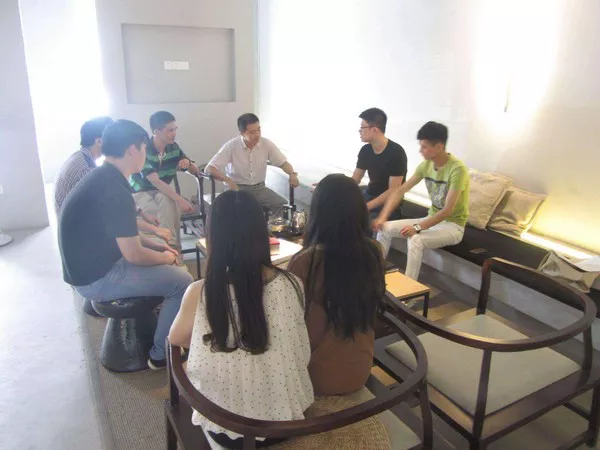As awareness of neurodiversity grows, a troubling paradox has emerged – while companies increasingly tout neurodiversity hiring initiatives, actual workplace conditions are becoming more hostile to neurodivergent employees. A report from the International Labour Organization reveals that 83% of workers with ADHD, autism, or dyslexia report their mental health has worsened in the past two years due to workplace changes.
The shift to open-plan offices (even virtually through constant video calls), always-on communication tools, and rapid task-switching requirements disproportionately harm neurodivergent workers. Key findings include:
- 76% report sensory overload from workplace noise/lighting
- 68% struggle with “implied communication” in hybrid work
- 57% have been penalized for missing unspoken social cues
Perhaps most damning, 42% of neurodivergent employees report actively masking their traits at work, leading to chronic stress and eventual burnout.
Dr. Ethan Blackwell, director of Stanford’s Neurodiversity at Work Project, states: “We’re seeing an epidemic of ‘camouflaging’ where employees exhaust themselves pretending to be neurotypical. The mental health toll is devastating – anxiety disorders, depression, and even suicidal ideation are 3-5 times higher in this population.”
Some companies are pioneering better approaches. Microsoft’s Neurodiversity Hiring Program provides customized onboarding, while JPMorgan Chase’s “Autism at Work” initiative has shown 90% retention rates through simple accommodations like noise-canceling headphones and written instructions. However, experts argue true inclusion requires rethinking fundamental workplace structures – not just bolting on accommodations to unchanged systems.
The business case is clear: Neurodivergent employees often demonstrate exceptional skills in pattern recognition, sustained focus, and creative problem-solving when allowed to work in compatible environments. As mental health becomes a central workplace issue, organizations must move beyond superficial diversity statements to create genuinely inclusive cultures that don’t force square pegs into round holes.
Related topics:
















